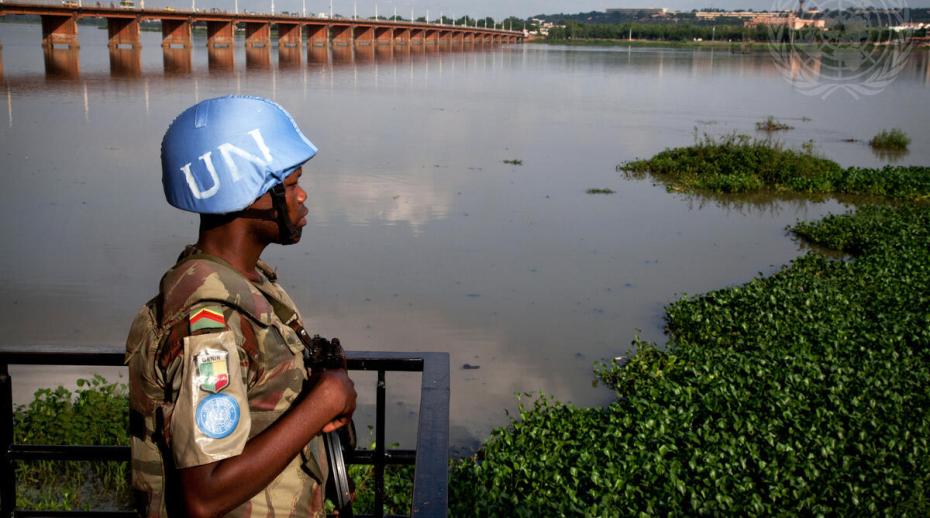
What does accelerating climate change mean for the future of peacebuilding?
This new SIPRI Policy Paper ‘Climate-related Security Risks and Peacebuilding in Mali’ sheds light on this urgent question, through a case study of one of the biggest peace missions active today, the United Nations Multidimensional Integrated Stabilization Mission in Mali (MINUSMA).
It describes how climate change affects other socio-economic, political and environmental factors in central and northern Mali and creates new challenges for MINUSMA. The paper also looks at the steps MINUSMA has taken to adapt to these new challenges, and what lessons they offer for peacekeeping.
Mali under climate change
A rebellion in northern Mali in 2012 set in train a multidimensional crisis. Poor governance, socio-economic exclusion and competition over natural resources have all played a role in perpetuating violence and insecurity, particularly in northern and central parts of the country.
Climate change adds a new dimension to the crisis, chiefly through its impacts on land, freshwater and other natural resources on which large segments of the population depend for their livelihoods. Weak governance has compounded the challenges, undermining human security and amplifying local grievances and marginalization.
Challenges to peacebuilding
These grievances and marginalization have made it easier for criminal and extremist groups to operate and grow in the region. Delays in implementing the disarmament, demobilization and reintegration programme have also helped to drive illicit activities such as trafficking. Finally, extreme weather conditions have complicated troop movement, logistics and medical evacuations.
Climate change has interacted with weak governance in ways that affect MINUSMA’s mandate. For example, in some cases, the government has failed to help communities adapt to climate change or cope with its impacts, which has increased dissatisfaction with the state, making supporting the restoration of state authority more challenging.
Learning from MINUSMA’s experiences
MINUSMA was the first UN peace mission required in its mandate to ‘properly manage its environmental impact’. This is a responsibility of MINUSMA’s Environment and Culture Unit. As the SIPRI Policy Paper outlines, several other parts of the mission, such as the Civil Affairs Division, have also taken the initiative to respond to emerging climate-related security risks within their own mandated activities in different ways.
However, climate-related security risks are not a priority in the mission’s mandate, and the mission generally lacks the capacity to address them.
The case study underlines the fact that peacebuilding missions deployed in areas highly exposed to climate change must learn to adapt to new challenges. Measures could include training mission personnel on climate security analysis and response. MINUSMA and the UN Country Team should also improve their coordination in this area. For example, they could include climate security in the national Integrated Strategic Framework, and appoint a common environmental security adviser. However, for more effective responses, the systemic risks that climate change poses to peacebuilding missions is a challenge the wider UN system needs to take up.